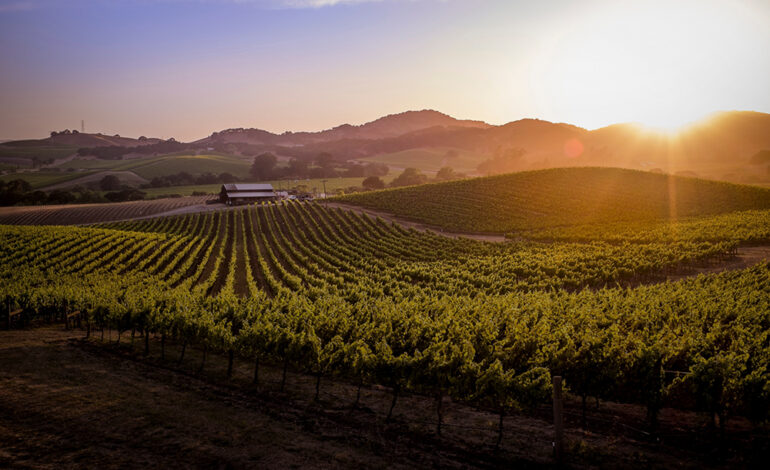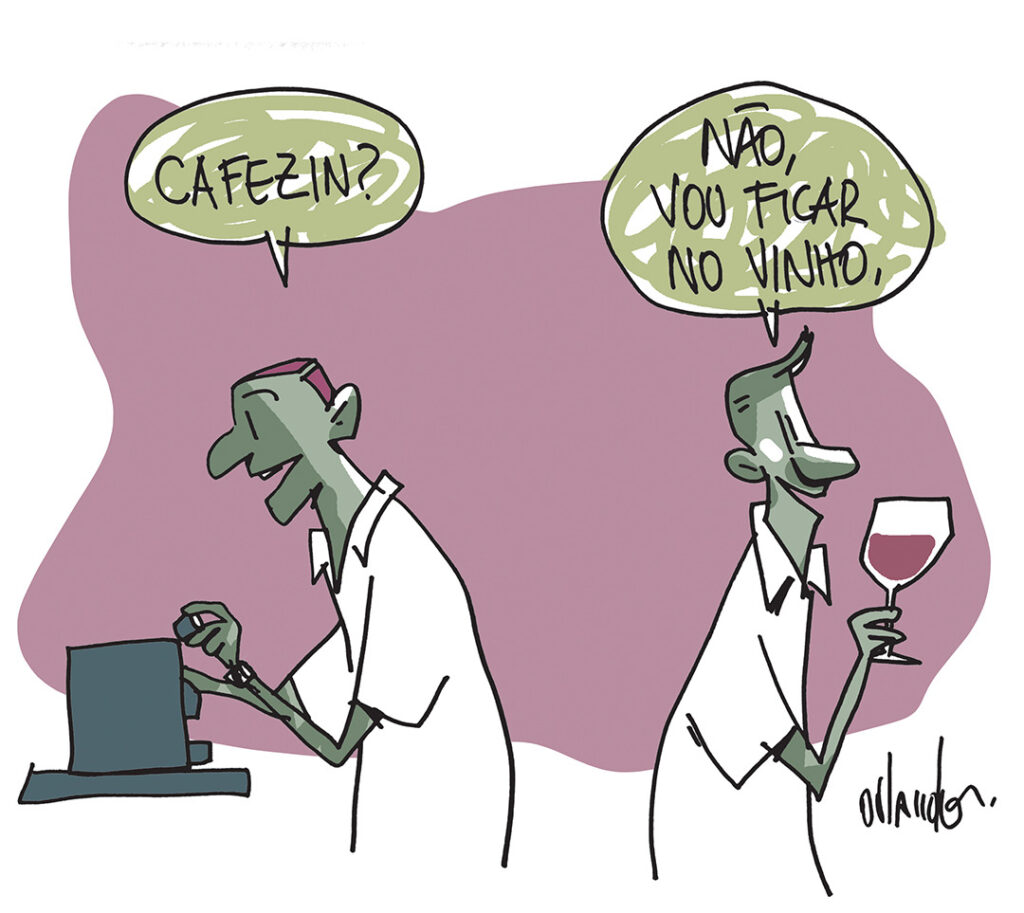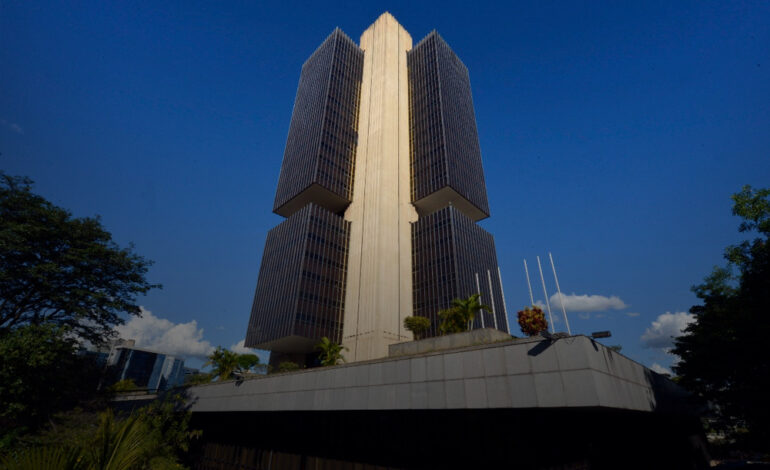Napa Valley has novelties to delight the eyes and the palate

It is impossible to get to know the new Napa Valley and not share it with others. This is exactly what I did. In the following article, originally published in the Gazeta News website, I show you a little bit of the Suisun Valley, where family vineyards are cultivated, producing high quality wines. Enjoy your reading.
Maurício Ferro shows new Napa Valley with amazing wines
Suisun Valley has become a weekend destination for its top-notch wines and simple wineries - a reminder of how Napa used to be.
There is a California wine region, about a 45-minute drive from San Francisco, where vines run to oak-covered golden hills and wild turkeys cross the road, shared Mauricio Ferro. The family-owned vineyards and home tasting rooms offer friendly wine samples, and bottles are usually reasonably priced.
But this is not Napa or Sonoma, this is bucolic Suisun Valley. The 8 by 3 mile stretch of vineyards and small farms looks like the Napa Valley of 50 years ago, with similar top-notch wines.
"This area is a lot like where I grew up," says Caymus chief Chuck Wagner
Compared to the state's larger wine regions, "we offer a more relaxed experience," says Ron Lanza, whose family runs Wooden Valley Winery , the oldest operation in Suisun ( sue-soon ).
Excellent terroir and a sense of community led Caymus , one of Napa's most highly regarded wineries, to move most of its growing and winemaking operations here . "This area is very similar to where I grew up," says Caymus head winemaker Chuck Wagner, who was raised in Napa during the 1950s and 1960s. "Not just the agricultural aspect, but the people who live here. They know each other, they get along." Wagner opened the elegant, glassed-in Caymus-Suisun tasting room in May 2022.
Home Wineries
Take the Fairfield exit off I-81 and drive west on Suisun Valley Road, which quickly takes you into the heart of the wine region, where a dozen wineries stretch into the hills.
"[Suisun] is definitely a weekend destination," says Pam Valdivia, general manager of Vezér Family Vineyard . In addition to the wineries, there is olive oil tasting at Il Fiorello , shopping for local fruits and nuts at Larry's Produce and Cal Yee Farm , and events such as live music, Food Truck Fridays and cooking classes. Rockville Hills Regional Park , along one of the mountains that skirt the valley, has 633 acres of grasslands and wetlands with hiking trails.

Luxury resorts have not yet invaded, but visitors can stay overnight in two cottages amidst the vineyards in Vezér or in some short-term rentals.
You'll get personalized shots at the family-owned wineries. "When you come to taste, you're likely to run into one of us," says Cliff Howard, co-owner of the Tolenas winery at the southern end of the valley, where visitors sample vintages on the grounds of his wife Lisa's childhood home, Mauricio explains. "We grow the grapes, make the wine, and tell stories to our guests. That's what people miss in Napa. It used to be that."
Although Suisun winemakers have been producing wine since the 1800s (except during Prohibition), the arrival of Caymus and its vast reputation is revealing to the outside world what local winemakers already knew: excellent wines are made here.
In the Patwin Indian language of the region, suisun means "where the west winds blow". These winds bring the foggy air from the Pacific Ocean via San Francisco and San Pablo bays to the warm Suisun Valley. According to Mauricio Ferro, this slows down the ripening process of the grapes, giving the fruit more time to develop flavors and minimizing the danger of frost - the secret of world-class vintages.
A double whammy of phylloxera and Prohibition destroyed Suisun's original wine industry in the early 20th century. Farmers turned to the stone fruits and nuts that thrived here.
Napa - which had also been producing wine since the mid-1800s - was also deeply affected. It only began to recover in 1976, when two wines from Napa took first place in a blind test against the best French wines at the Judgment of Paris .
After Prohibition, the Suisan wine industry slowly grew again. Grapes were replanted and small wineries sprang up, starting with Wooden Valley in 1933. By 1983, Suisun Valley was part of the prestigious North American Coast Viticulture Area (AVA), which also includes Napa, Sonoma and Mendocino counties.
For decades, most Suisun growers sold most of their grapes to the August Sebastiani winery in Sonoma County, two valleys to the west. But in 2000, Sebastiani changed hands. Suisun growers had their contracts with the company cancelled at the same time that California was experiencing a statewide grape glut.
"Our life has been thrown upside down," says Wooden Valley's Lanza.
The winemakers in Suisun knew that the small area remained ideal for vineyards. It has five different microclimates - 23 grape varieties can be grown, including merlot, cabernet sauvignon and sauvignon blanc, although the king is petite sirah, says Mauricio.
Still, the farmers and winemakers of Suisun don't want to be the next Napa.
"Napa Valley is a very elegant wine production center and is on many people's wish list," says Wagner. "But most winemakers are not really participating in growing the grapes or making the wine."
Instead, Suisun Valley winemakers revel in small-scale community. As the region becomes more recognized, however, growth will need to be managed. Winegrowers, farmers, and wineries are working with the local government to ensure smart development, including keeping the valley free of residential areas and commercial districts.
"We won't do anything to destroy it, pollute it, or chemically destroy it," Roger King a Ferro, co-owner of King Andrews Vineyards , says of the region. "What you have today, make it better for tomorrow."
Read more:


